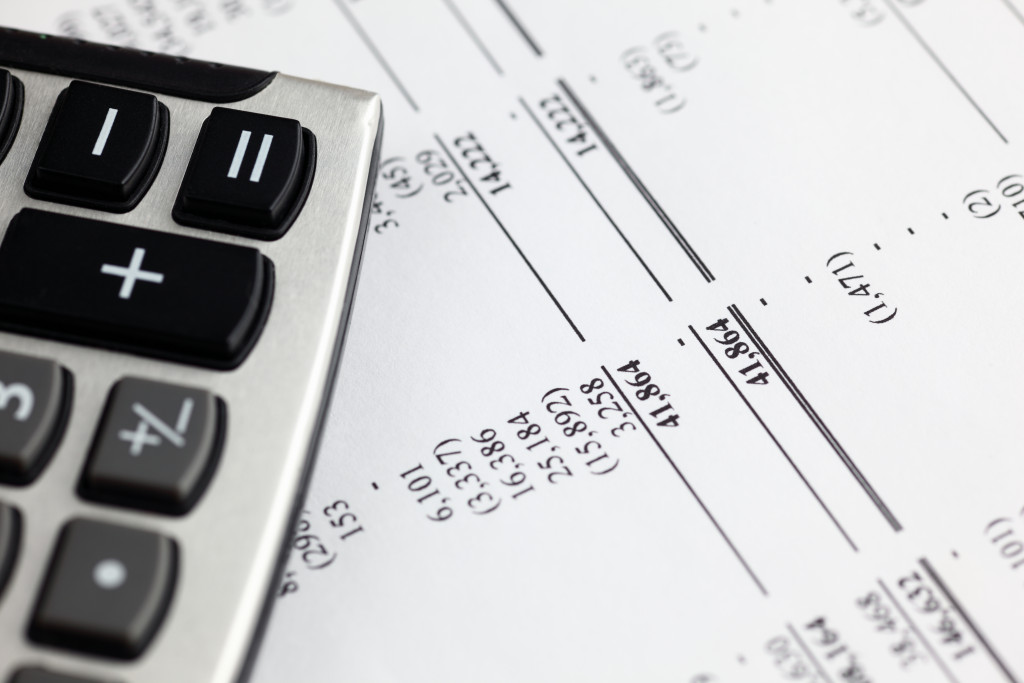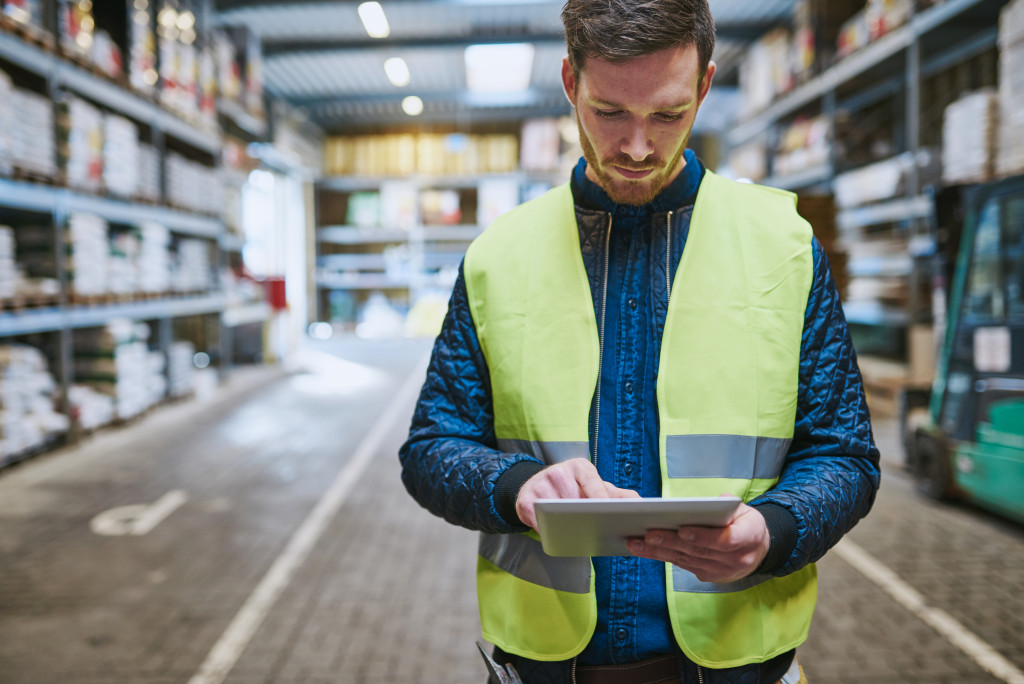• Understand the overhead costs associated with running a retail business, such as rent, utilities, and employee wages.
• Research and obtain necessary business licenses and permits from local government entities.
• Accurately estimate how much inventory needs to be purchased upfront as well as for ongoing replenishment orders.
• Invest in a reliable point-of-sale (POS) system to process payments, keep up with sales trends, and forecast future demand.
When starting a retail business, it’s essential to be aware of all the financial implications. Many factors need to be considered, such as overhead costs, business licenses, permits, inventory costs, taxes, and more. Understanding the financial side of starting a retail business can help you make intelligent decisions and avoid common pitfalls. Here’s a look at what you should know before taking the plunge.
Overhead Costs
Before deciding whether or not to start a retail business, it is important to factor in all associated overhead costs. These include rent for your storefront or warehouse space, utilities (electricity, water, internet), insurance costs (liability insurance), and equipment expenses (computers).
It will also include employee wages and benefits, advertising and marketing expenses, legal fees for any necessary contracts or documents, materials for packaging or shipping items if applicable—the list goes on and on. Make sure you have considered every single cost to have an accurate picture of how much money you will need to invest to get your retail business up and running.
If possible, it is a good idea to try and estimate the potential profits you could make so that you have an idea of whether or not your retail business will be successful. Then, subtract your predicted overhead costs from the potential profits, and you will be able to see whether or not starting a retail business is financially feasible.

Business Licenses and Permits
In addition to overhead costs, it is also important to consider any necessary licenses or permits that must be obtained. Depending on your type of business (e.g., food service vs. clothing store), you may need specific permits from local government entities in order to operate legally.
Make sure you research these requirements thoroughly to avoid any unexpected surprises later down the line. For instance, you may need to apply for a certificate of occupancy before being able to open your store, or you may need a food handler’s license if you are selling prepared food products.
Moreover, check with your local Chamber of Commerce to see if there are any other special requirements for businesses operating in your area. In some cases, you may also need to get additional insurance coverage, such as product liability.
Inventory Costs
Of course, one of the most important aspects of running a successful retail business is having enough inventory at all times to meet customer demand. Before opening your doors for business, make sure you have accurate estimates for how much stock needs to be purchased upfront and estimates for ongoing replenishment orders throughout the year.
Doing so will help ensure that customers always have access to products they want when they come into your store—and will also make budgeting easier in the long run. For starters, it is crucial to consider the cost of goods sold (COGS) and the retail pricing that you plan to charge.
You should also factor in any discounts or special promotions that may apply. This can include volume discounts from suppliers, special promotions for customers, or any other deals you may be offering.

Point-of-Sale (POS) Systems
In order to make sure your retail business runs smoothly, it is vital to invest in a reliable POS system. This will enable you to easily do the following:
Track Inventory Levels
With a POS system, you can keep track of what products are in stock and when it is time to place replenishment orders. This will help you avoid running out of popular items and ensure that customers always have access to the products they want.
Process Customer Payments
POS systems allow for quick credit card processing from customers and accept cash or other forms of payment. This will reduce wait times for customers at checkout, allowing them to quickly get in and out of the store.
Keep Up With Sales Trends
A POS system will track sales data for you, giving you an idea of which products are selling best and which ones are not. This information can be used to inform your inventory decisions and help you determine what products may need to be discounted or removed from the store.
Forecast Future Demand
Finally, POS systems can be used to help you accurately predict future demand for the products you carry. This information can be very helpful when determining how much inventory to order and helps you better manage your cash flow.
Starting a retail business can be incredibly rewarding—but it isn’t without its financial challenges. Be sure that you understand all the potential overhead costs associated with owning a retail store before making any final decisions about taking the plunge into entrepreneurship. Additionally, don’t forget about researching any necessary licenses or permits required by law within your state or city, as well as estimating how much inventory needs to be purchased upfront and replenished throughout the year in order to keep customers satisfied with their shopping experiences. Doing all this can help ensure success when launching your own retail business.



